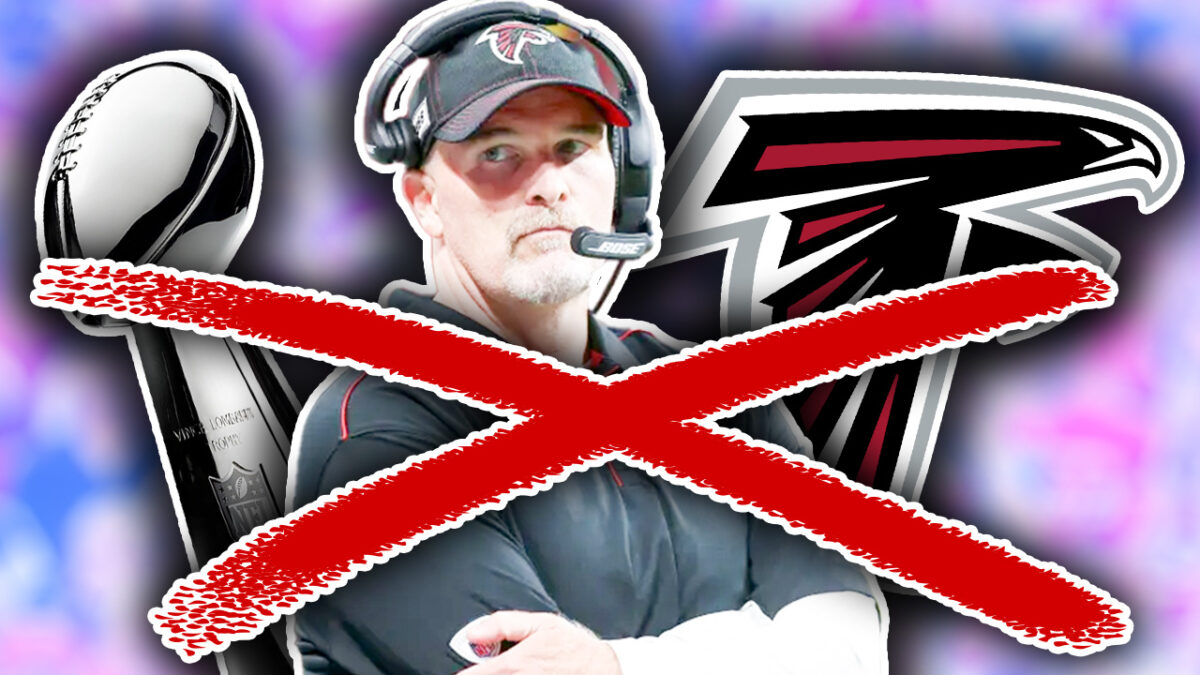
In the high-stakes world of the NFL, there is a razor-thin margin between glory and heartbreak. While it is obviously contingent on the players executing the plays on the field, it is commonly a head coach’s vision, game management, and ability to motivate and prepare their team that makes or breaks the team’s success, especially in the challenging quest for a Super Bowl championship.
Unfortunately, we have seen more than a couple of phenomenal teams over the years, whose hopes and dreams have gone by the way side because a poor job from their head coach.
2015 Carolina Panthers (Ron Rivera)
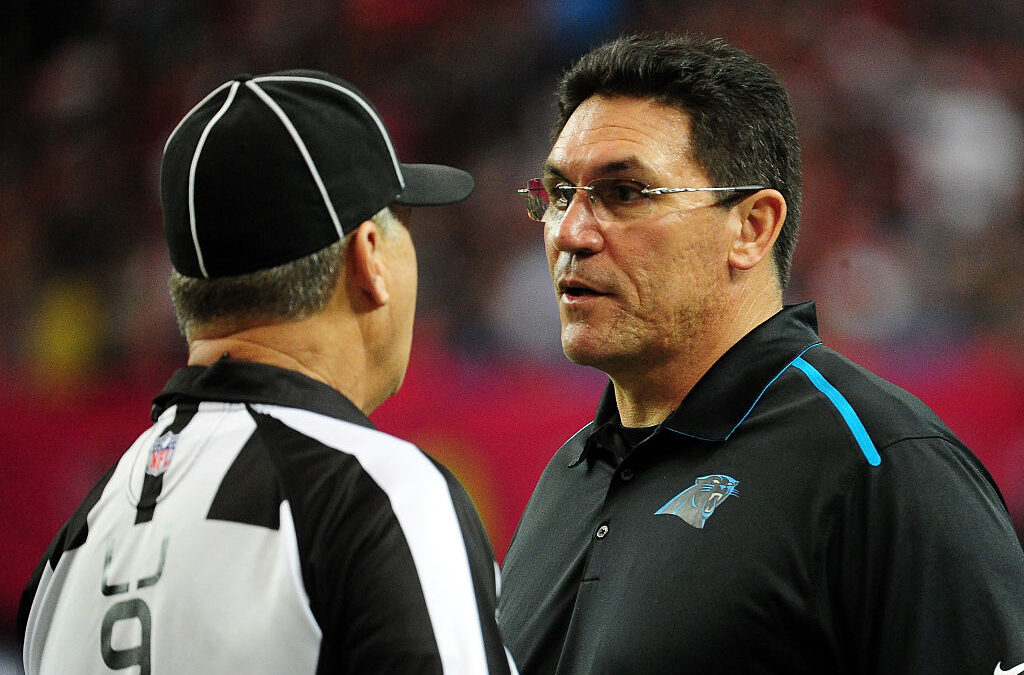
The 2015 Carolina Panthers, led by head coach Ron Rivera, crafted one of the most memorable regular seasons in recent NFL history, finishing with a remarkable 15-1 record. Carolina was led by league MVP quarterback Cam Newton, who charged up a dynamic Panthers offense that led the league in scoring. And this wasn’t a one-dimensional team either, as it was complemented by a stout and opportunistic defense that was explosive in its own right.
People were not surprised to see them listed as a favorite heading into the Super Bowl that year, but coach Ron Rivera let them down, resulting in a 24 to 10 loss to the Denver Broncos. Considering his years of experience, Rivera should’ve had a better handle on how to adjust to Denver’s aggressive defense and even capitalize on it. Furthermore, he needed to a better job of keeping his young team composed, which proved to be their fatal flaw, as they game spiraled away from them.
2017 Jacksonville Jaguars (Doug Marrone)
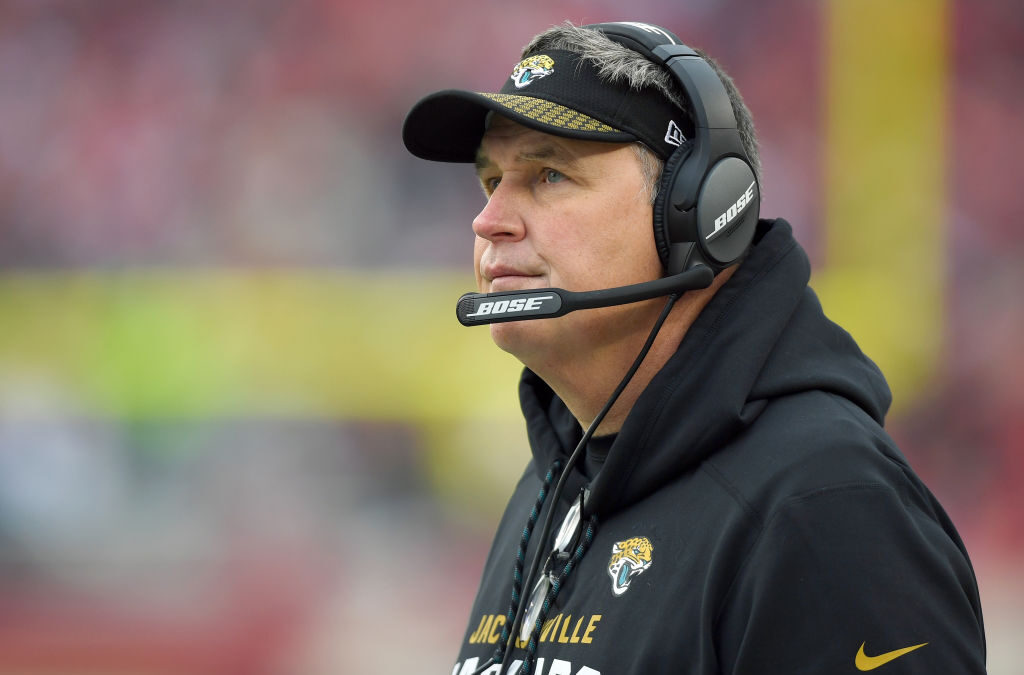
The 2017 Jaguars didn’t have quite the lore of the other teams on this list, largely because they were led by Blake Bortles, who was not exactly a world beater of a quarterback… But they did boast one of the NFL’s most talented defenses of that era.
Click on ‘Follow Us’ and get notified of the most viral NFL stories via Google! Follow Us
And to make matters all the more painful, they were leading the New England Patriots in the AFC Championship Game, but unfortunately, they fell apart thanks to Marrone’s conservative play-calling in the second half. While the isolated incident was frustrating in and of itself, it was indicative of the consistent role in limiting the success of that Jaguars team that Marrone played.
1998 Minnesota Vikings (Dennis Green)
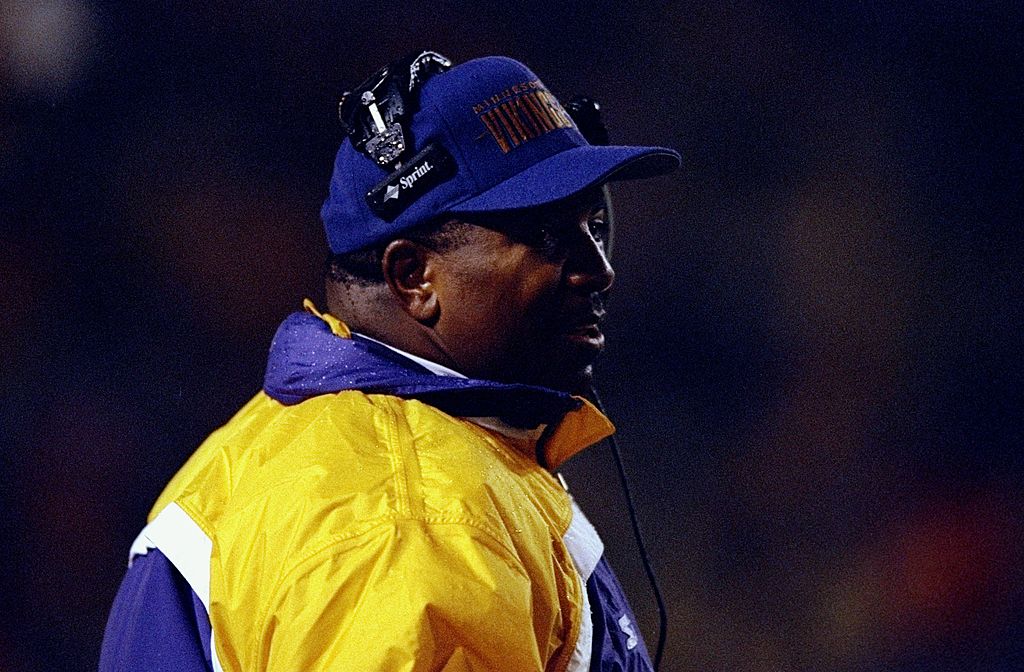
There are few teams throughout NFL history, particularly in the era that they played, that boasted more offensive firepower than the 1998 Minnesota Vikings, led by Dennis Green.
Simply put, they were an offensive juggernaut, so much so that they set a then-NFL record for points scored in a season. The team was led by rookie sensation Randy Moss and veteran quarterback Randall Cunningham and finished 15 and 1 in the regular-season and heavy favorites to reach the Super Bowl.
However, their glorious run ended in the NFC Championship Game against the Atlanta Falcons rather than hoisting the Lombardi trophy because of Coach Green’s inadequacies, which reared their ugly head with 30 seconds left in regulation, when Green chose to take a knee and go to overtime rather than risk a turnover. The Vikings eventually lost in overtime, 30-27, a decision that has since been heavily scrutinized for being overcautious in a moment that called for him to trust his offense and go for the kill shot.
2001 St. Louis Rams (Mike Martz)
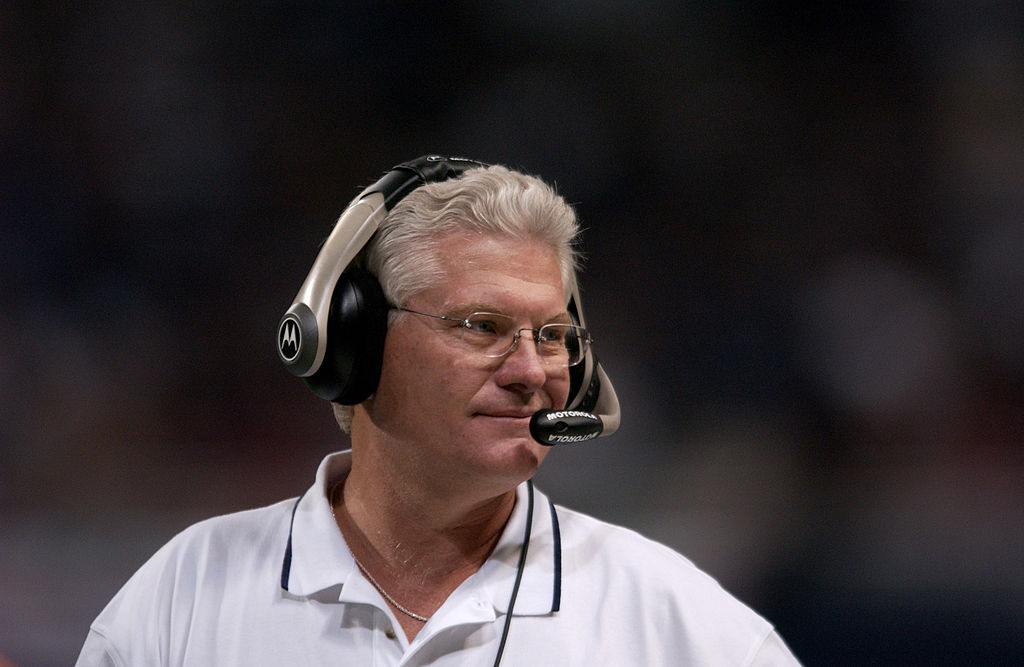
Super Bowl XXXVI pitted Coach Martz and what has affectionately been known as the “Greatest Show on Turf” Rams against the New England Patriots. While many think of the New England Patriots of the 2000s as the lead dogs, there was a time way back when that they were little more than an upstart challenger. So much so that people were absolutely stunned when Bill Belichick and the little known Tom Brady came out on top against the Rams.
St. Louis, however, never should’ve lost that game. In fact, they wouldn’t have—if Martz knew what he was doing when the pressure got cranked up. He had Marshall Faulk, one of the most versatile and talented running backs in NFL history, but opted for a deep passing approach that allowed the Patriots’ defense to get after quarterback Kurt Warner all game. The Rams’ underutilization of Faulk, especially in check-downs and screen passes that could have countered the Patriots’ blitz schemes, was a critical factor in their 20-17 loss and indicative of Martz’s culpability in their defeat.
2005 Indianapolis Colts (Tony Dungy)
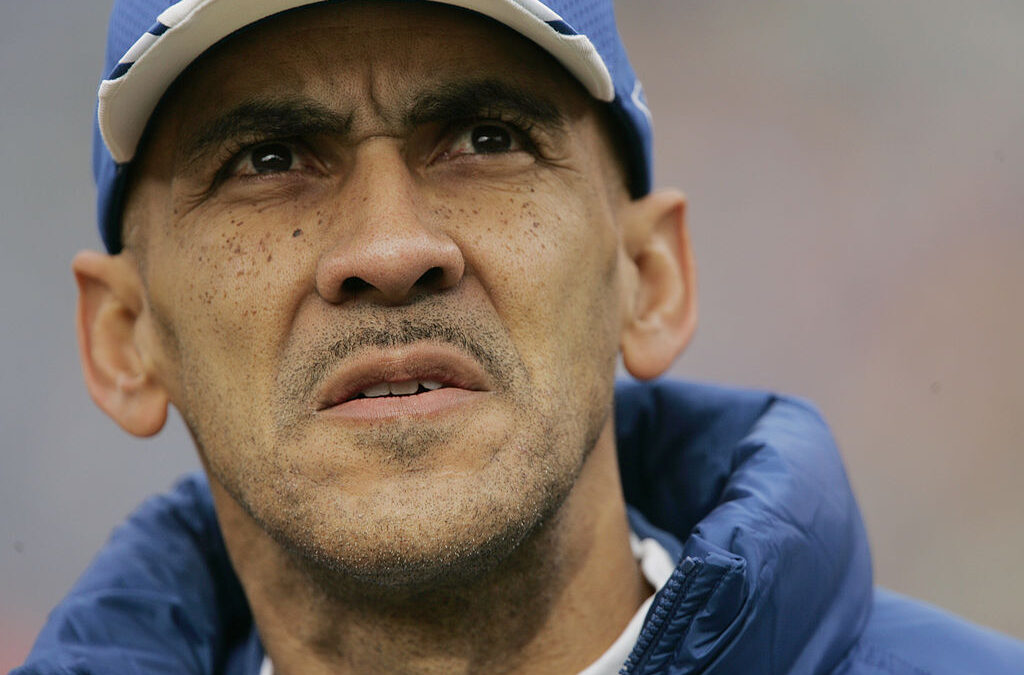
The 2005 Colts, like many of those 2000s Indy teams, entered the playoffs with high expectations, as they were led by the league MVP that year: Peyton Manning. However, those teams generally seemed to underachieve and if you ask me, head coach, Tony Dungy was to blame.
In ’05, the Colts ended up exiting in the Divisional Round game against the Steelers after a 21-18 defeat, which, frankly, never should’ve happened because the Colts overmatched the Steelers considerably. Peyton Manning and co. were dominant all regular season, finishing 14 and 2 but were stunted in the postseason, as they often were in those days, by Dungy’s conservative play-calling and the team’s lack of urgency in the game’s critical moments were questioned, as many believed this Colts team had the talent to win it all.
1999 Tennessee Titans (Jeff Fisher)
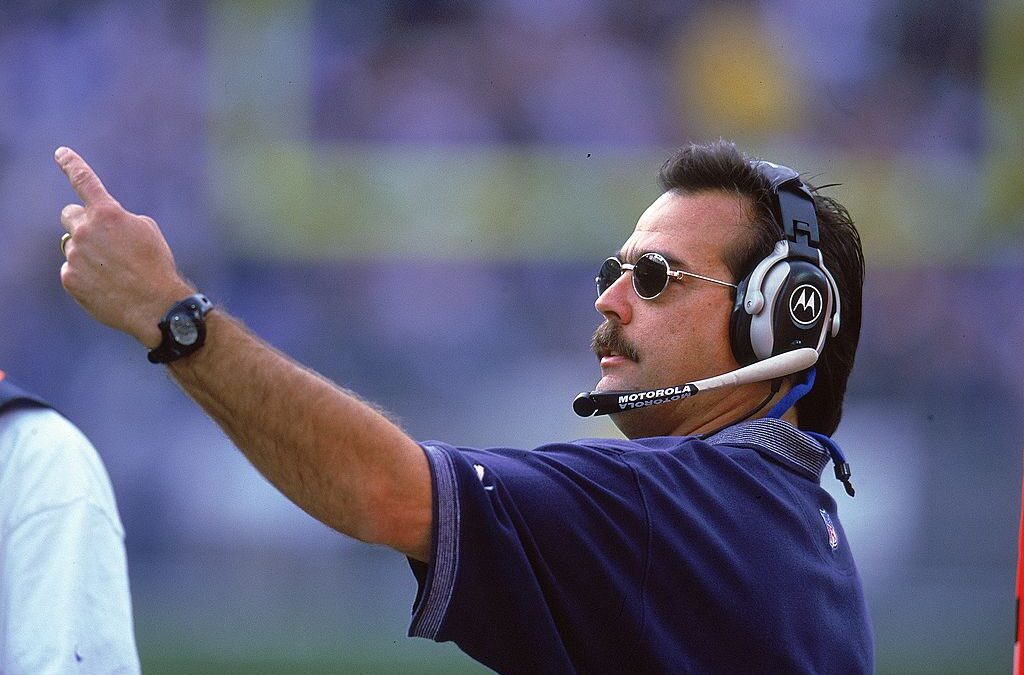
In Super Bowl XXXIV, Fisher’s Titans came up one yard short of forcing overtime against the St. Louis Rams, symbolizing the ridiculously thin margins that decide games of this magnitude. Obviously, that particular stroke of misfortune wasn’t solely Fisher’s fault, but there is reason to believe that this Titans should’ve and would’ve won the Super Bowl with better coaching. They had Steve McNair shredding defenses all year with his dynamic playmaking ability, but coach Fisher seemed intimidated by the Rams and failed to utilize his talented quarterback in the typical fashion that he would.
2014 Denver Broncos (John Fox)
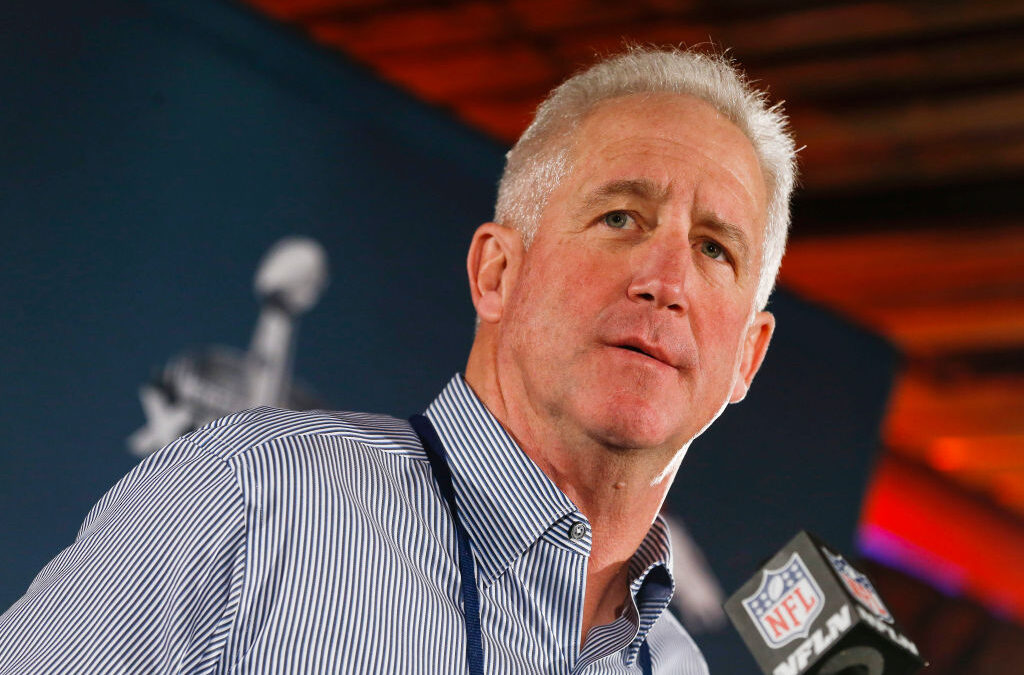
Hopes were high in Denver in 2014. Peyton Manning had just come to town and the Broncos were playing some of the best football that the team had seen in years. The franchise, however, ultimately came up short of their Super Bowl aspirations and were demolished by the Seattle Seahawks in Super Bowl XLVIII, because head coach John Fox was completely unable to get his team prepared and adjust to the Seahawks’ intense defensive pressure.
You would think that when you have one of the greatest quarterbacks to ever play the game you would at least have one other trick up your sleeve, but Fox was apparently incapable of that and Seattle dispatched them 43 to 8.
2014 Green Bay Packers (Mike McCarthy)
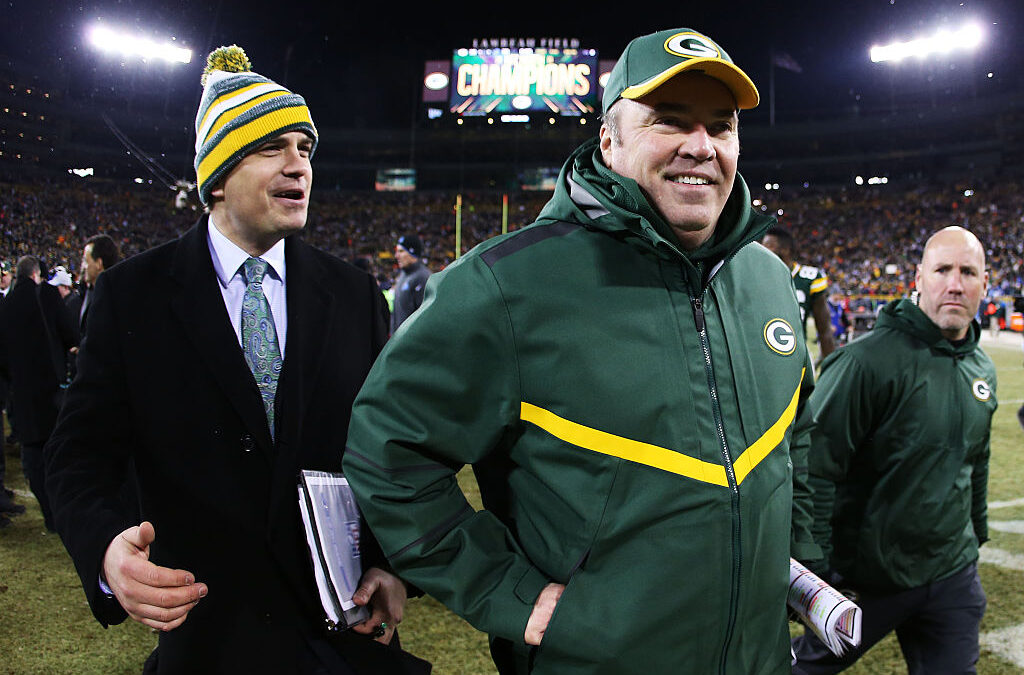
The 2010s Green Bay Packers for all their talent always seemed to underachieve and most folks generally believe that this was the result of their head coach at the time, Mike McCarthy. It seemed like all too often McCarthy was at the center of pivotal losses and the NFC Championship Game against the Seattle Seahawks during the 2014 season is no exception.
McCarthy went into turtle mode despite having Aaron Rodgers under center and the team ultimately blew a 16-point lead, allowing Seattle to mount a huge comeback and eventually win the game in overtime. His conservative play-calling, particularly in the fourth quarter, was highly criticized—and rightfully so!
2003 Philadelphia Eagles (Andy Reid)
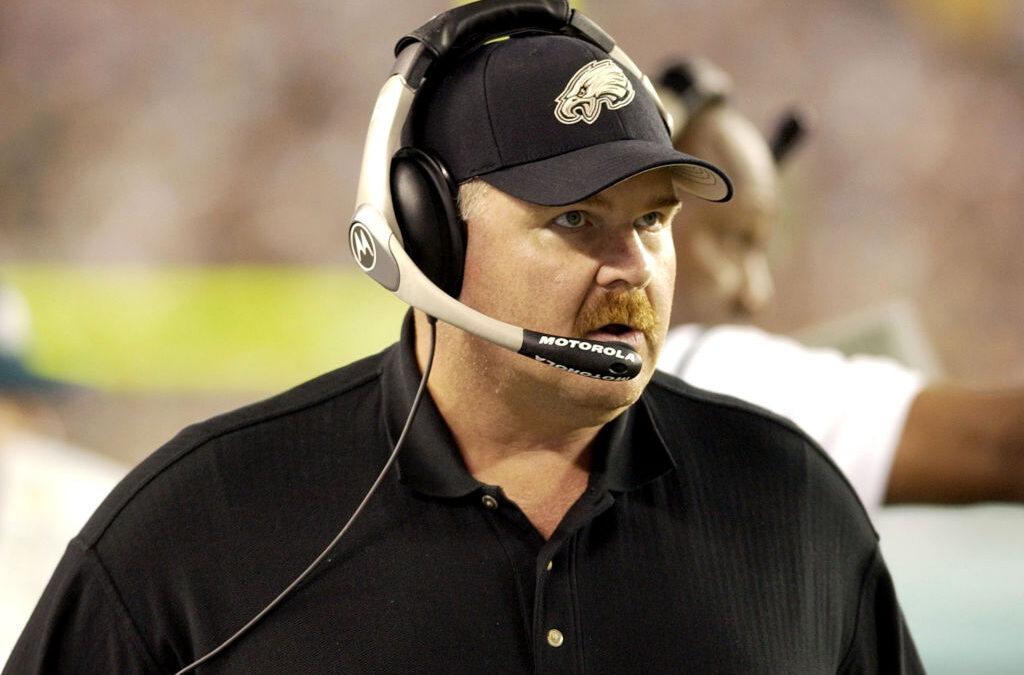
While Andy Reid has since gotten the proverbial monkey off his back with the dominant stretch that he has had in Kansas City, there was a time that he was the poster boy for head coach holding back a talented team from Super Bowl glory.
His early 2000s Eagles teams were so dominant, as indicated by the consecutive NFC Championship Game streak they had, but more often than not he found ways to let them down. Take his efforts against the Carolina Panthers in ’03 for example. Reid’s play-calling and subsequent clock management toward the end of regulation were serious points of contention in a game many believed the Eagles could have won—you know—had they been able to score more than three points!
2009 Minnesota Vikings (Brad Childress)
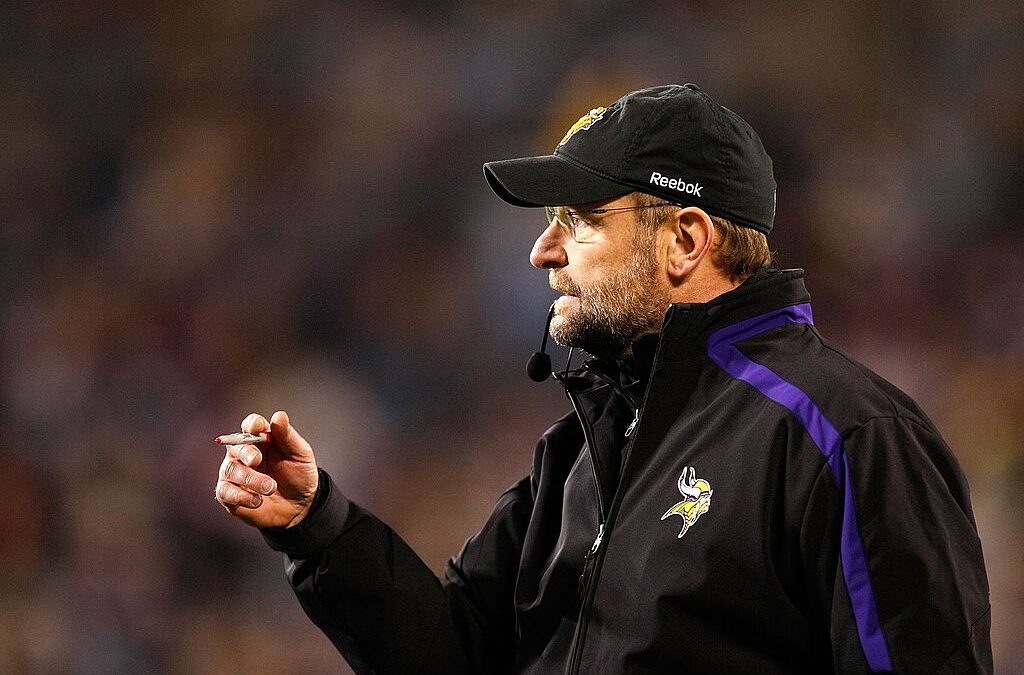
We have since learned that the deck was stacked against Brad Childress in the NFC Championship Game against the New Orleans Saints, as a result of “Bountygate,” but Childress’s coaching also deserves blame for preventing a team with legitimate Super Bowl aspirations from reaching its full potential.
Once Childress realized that Favre was in trouble with that aggressive Saints pass rush, he had to adjust the offensive play-calling, but he completely and utterly failed to do so, costing Minnesota, as well as its aging star, a Super Bowl opportunity.


